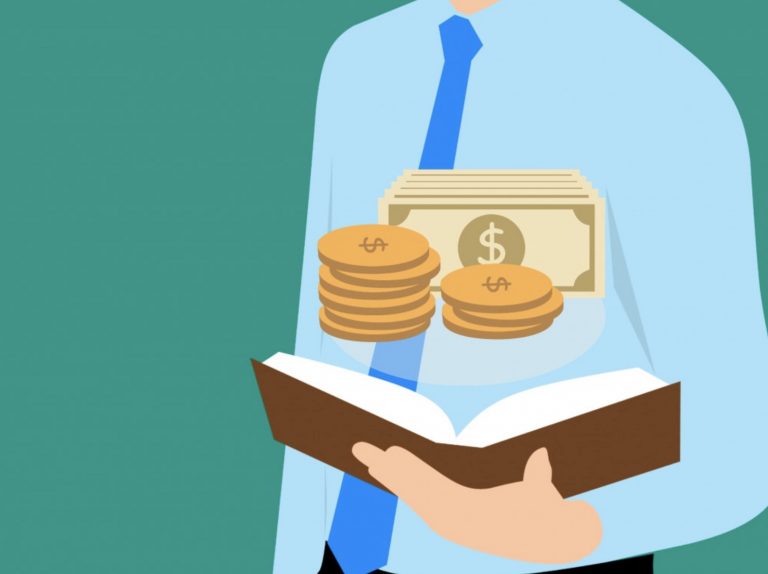If you want to achieve your financial goals, it’s important to have a solid understanding of financial concepts. Unfortunately, many people don’t have the necessary financial literacy skills. However, luckily there are plenty of ways to boost your financial literacy without spending hours in a classroom.
Without a solid understanding of financial concepts, many people find themselves heading towards financial trouble. This often leads to them exploring various debt help solutions such as consumer proposals and credit counselling. The following steps are designed to help boost your understanding of money as to avoid future financial issues.
Check them out below
Story Stages
1. Read financial news regularly.
One of the best ways to improve your financial literacy is to keep up with current financial affairs. By reading the financial news, you’ll be better informed about financial planning and investing. This will help you make more informed decisions about your own finances. In addition, keeping up with the financial news can help you identify opportunities and threats in the financial marketplace.
2. Understand the basics of personal finance.
If you don’t have a strong foundation in personal finance, now is the time to build one. There are a number of excellent resources available to help you learn the basics of financial planning and investing. Once you have a strong understanding of the basics, you’ll be better equipped to make informed decisions about your own finances.
3. Identify your financial goals.
Before you can start working towards financial literacy, you need to know what your financial goals are. Do you want to save for retirement? Are you trying to pay down debt? Once you know what your financial goals are, you can develop a plan to achieve them.
4. Make a budget.
One of the best ways to stay on track with your financial goals is to create a budget. When you budget, you’ll have a clear idea of your income and expenses. This will help you make informed decisions about how to allocate your resources.
5. Stay disciplined with your spending.
One of the most important aspects of personal finance is staying disciplined with your spending. If you want to improve your financial literacy, you need to be mindful of your spending habits. Track where you are spending your money and see where you can cut back.
6. Invest in yourself.
One of the best investments you can make is in yourself. When you invest in your education and career, you’ll be better equipped to earn a higher income. This will in turn give you more financial resources to work with.
7. Invest for the future.
Another important aspect of personal finance is investing for the future. When you invest, you’ll be able to grow your wealth over time. This can help you achieve financial security and reach your long-term financial goals.
8. Live below your means.
One of the best ways to improve your financial literacy is to live below your means. If you want to be financially literate, you need to be able to control your spending. One way to do this is by only purchasing what you can afford. When you live below your means, you’ll have more financial resources available to save and invest.
9. Have an emergency fund.
One way to become financially literate is to have an emergency fund. This will help you cover unexpected expenses in the event that you lose your job or encounter other financial difficulties. By setting aside money each month, you can build up your emergency fund and peace of mind. Financial literacy will help you make informed decisions about your money and avoid financial hardships. Therefore, having an emergency fund is one of the most important aspects of personal finance.
10. Pay off your debt.
If you want to improve your financial literacy, you need to focus on paying off your debt. Credit card debt and other loans can be a major financial burden. By paying off your debt, you’ll free up more of your income to save and invest.
11. Get professional help.
If you want to improve your financial literacy, you may need to seek professional help. There are a number of financial professionals who can help you develop a financial plan and achieve your financial goals. When you work with a financial advisor, you’ll be able to get the guidance you need to make informed financial decisions.
In conclusion, financial literacy is a crucial life skill that you should continuously work on. By following the tips above, you can start to improve your financial literacy and set yourself up for financial success.
